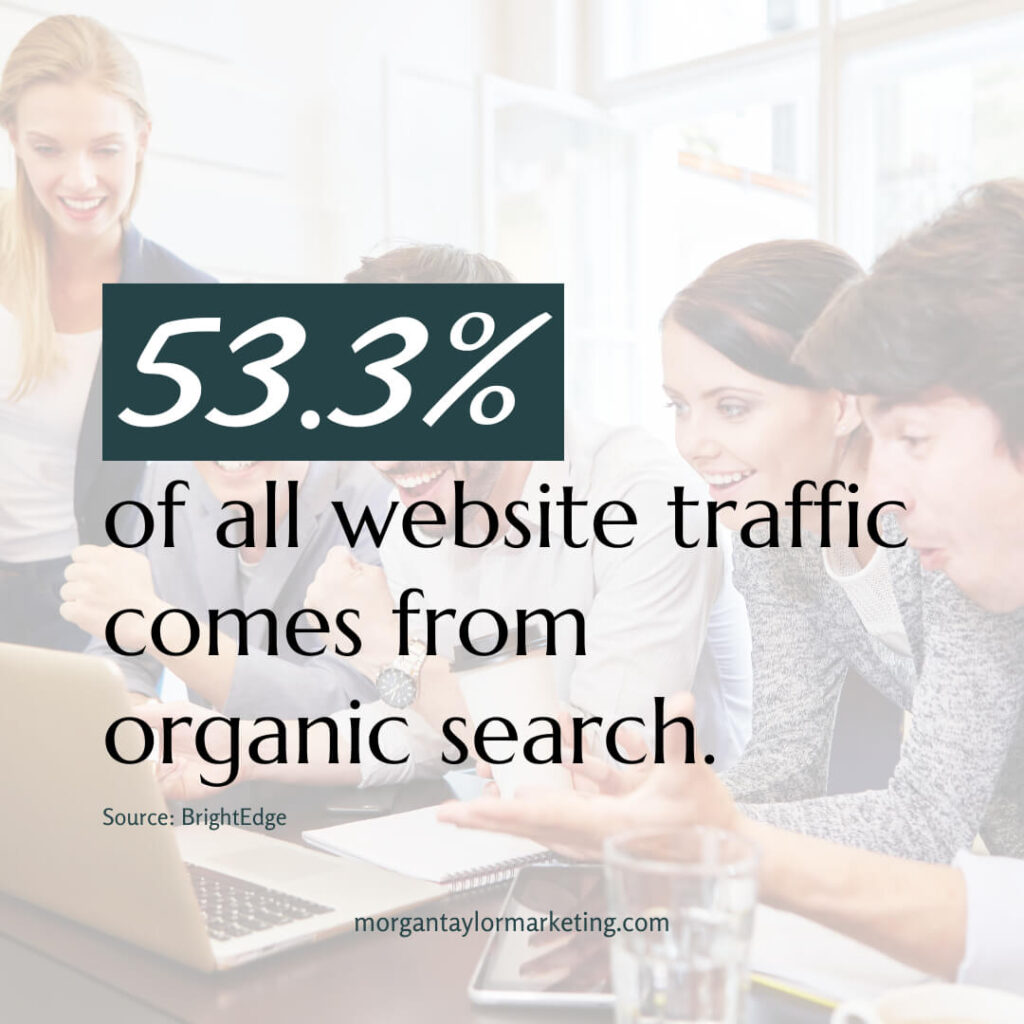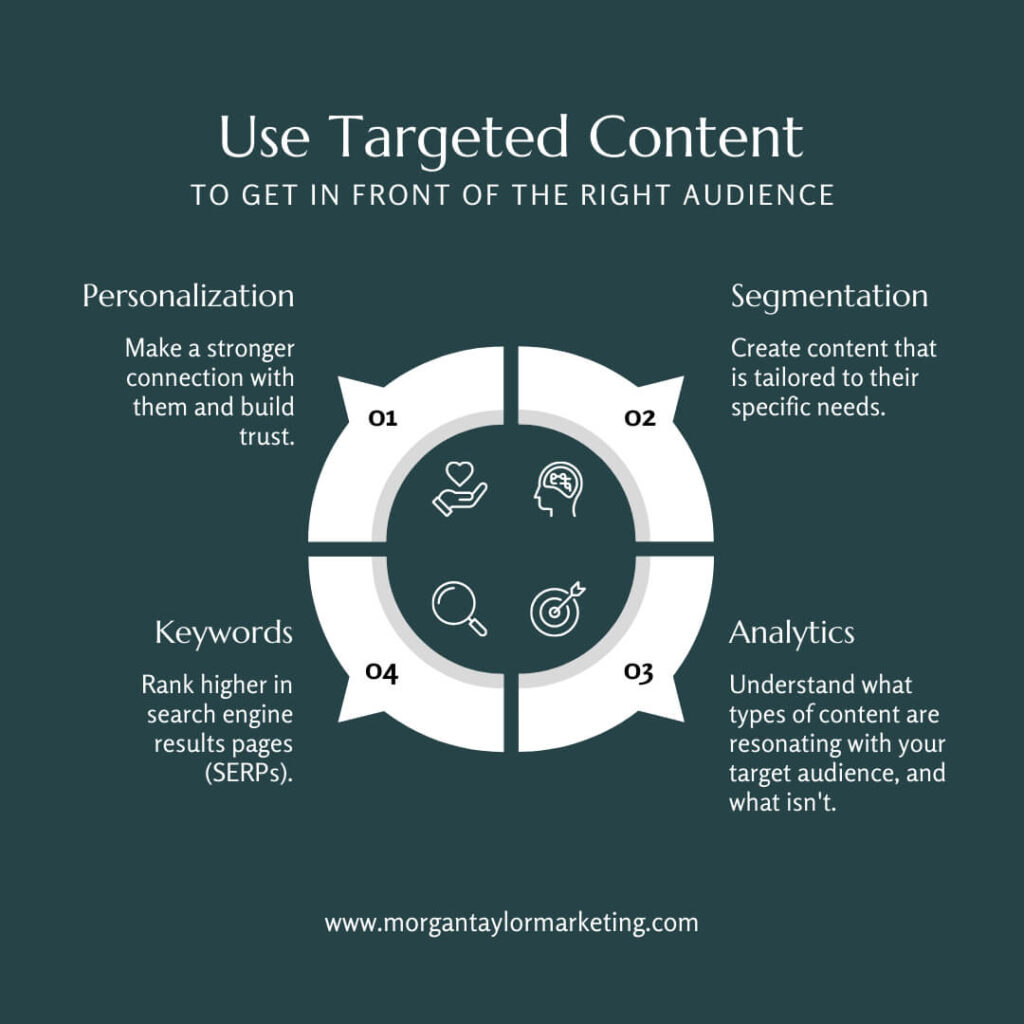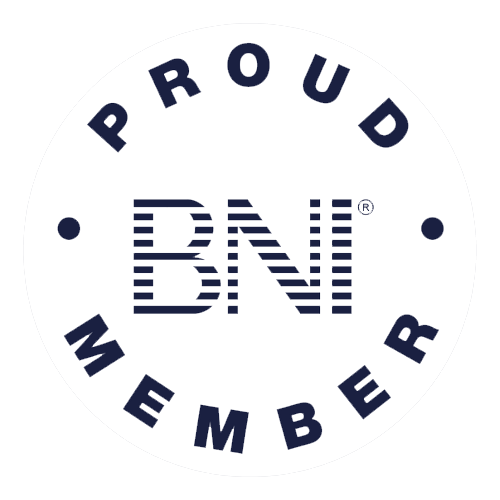Don’t let SEO overwhelm you! Our beginner’s guide to optimization breaks it down into simple steps for anyone to understand and implement!
Welcome to the world of SEO optimization. In today’s digital landscape, having a strong online presence is crucial for the success of any business or website. This is where SEO comes into play. Search Engine Optimization, or SEO, is the practice of optimizing your website to increase its visibility on search engine results pages (SERPs). It involves various techniques and strategies that help search engines understand your website’s relevance and value.
By implementing effective SEO techniques, you can attract organic traffic, improve your website’s rankings, and ultimately drive more conversions. In this ultimate beginner’s guide, we will demystify SEO and provide you with practical insights to get started on your optimization journey.
What is SEO?

Search engine optimization, or SEO, is the process of improving a website’s visibility and organic (non-paid) positions on search engine results pages (SERPs). The goal of SEO is to attract relevant traffic and increase the quantity and quality of visitors to a website by ensuring that it appears prominently in search engine results for specific keywords or phrases.
These involve various techniques and strategies, including keyword research, on-page optimization, technical optimization, link building, and content optimization, among others. SEO helps search engines understand the relevance and value of a website’s content, which, in turn, helps users find the most relevant and useful information when conducting searches online. Ultimately, SEO aims to drive targeted organic traffic, enhance the user experience, and improve the overall visibility and credibility of a website.
Why is SEO important for your website?
SEO is crucial for your website because it plays a significant role in enhancing its online presence and driving organic traffic. In today’s digital landscape, where search engines are the primary method people use to discover information, products, and services, having a strong SEO strategy is essential. By optimizing your website for search engines, you can improve its visibility in search results, making it easier for users to find you. Increased visibility leads to higher click-through rates and more opportunities to attract potential customers.
How do search engines work?

A search engine works by systematically crawling and indexing web pages to provide users with relevant and valuable search results. The process begins with search engine bots, also known as crawlers or spiders, that traverse the web and follow links from one webpage to another. These bots start with a set of known web pages and follow the links on those pages to discover new pages.
During the crawling phase, the bots analyze the content and structure of each webpage they encounter. They take note of the page’s HTML code, text, images, and other elements. The bots also identify links within the page, which they follow to discover new pages to crawl.
Once the crawling is complete, the search engine indexes the collected information. Indexing involves organizing and storing the data in a vast database, which allows for quick retrieval when a user performs a search. The search engine creates an index that contains information about the words and their locations within each webpage.
When a user enters a query into the search engine, it processes the query against the indexed database. The search engine employs complex algorithms to determine the relevance of web pages to the query based on various factors, including keyword usage, page authority, user experience, and more. The search engine then presents a list of search results, ranking the web pages based on their perceived relevance to the query.
It’s important to note that search engines continuously update their algorithms to improve search quality and combat spammy practices. Therefore, staying informed about the latest SEO best practices and providing valuable, relevant content on your website can help optimize your visibility and rankings within search engine results.
The Role of Keywords in SEO Optimization
Keywords play a vital role in SEO optimization as they act as the bridge between what users are searching for and the content that websites provide. When users enter specific words or phrases into search engines, these are known as keywords. By conducting thorough keyword research, website owners gain insights into the search terms and phrases that are relevant to their target audience.
Keyword Research
Keyword Research is a crucial step in SEO. It helps you identify the terms and phrases people use to search for information related to your business. By understanding the search volume and competition for specific keywords, you can create content that aligns with user intent and has a higher chance of ranking well.

Several tools, such as Google Keyword Planner, SEMrush, and Moz Keyword Explorer, can assist you in conducting comprehensive keyword research. You can use these tools to gain insightful information on search traffic, competition, and related terms to support data-driven decision-making.
When selecting keywords, it’s important to consider their competition level and search volume. Highly competitive keywords may be difficult to rank for, while low-competition keywords may not have sufficient search volume. Striking a balance between the two is key to successful optimization.
Long-tail keywords are longer, more specific phrases that target niche audiences. While they may have lower search volumes, they often indicate stronger user intent and have less competition. Incorporating long-tail keywords into your content can help attract highly relevant traffic and increase conversions.
On-Page Optimization
On-page optimization is a fundamental aspect of SEO that involves optimizing various elements on your website’s individual pages to improve their visibility and relevance in search engine results.
Page titles and meta descriptions are HTML elements that provide concise information about the content of a web page. Crafting SEO-friendly page titles and meta descriptions involves incorporating relevant keywords, accurately describing the page’s content, and enticing users to click through from search engine results pages (SERPs).
When it comes to organizing your content and assisting search engines in recognizing the hierarchy and relevancy of material, headings (H1, H2, etc.) and subheadings are crucial. Optimizing headings and subheadings involves using descriptive and keyword-rich headings that accurately represent the content within each section of your page.
Content is the backbone of SEO. Creating informative, valuable, and engaging content not only attract visitors but also encourages them to spend more time on your website. Search engines recognize this engagement and may reward your website with higher rankings.
While keywords are vital, it’s important to include them naturally in your text. Keyword stuffing, or overusing keywords in an unnatural way, can harm your rankings and make your content less user-friendly. Aim for a balanced and seamless integration of keywords throughout your content.
Adding images to your website can improve its aesthetic appeal while also giving you a chance to optimize it. Optimizing image file names, using descriptive alt tags, and compressing image sizes can improve your website’s performance, user experience, and search engine rankings.
Technical SEO
Website architecture refers to the way your web pages are organized and linked together. A well-structured website with logical navigation allows search engines to crawl and understand your content more easily, leading to better rankings.
Website speed is crucial for both the user experience and SEO. Slow-loading websites frustrate visitors and can lead to high bounce rates. Optimizing your website’s loading speed through techniques such as caching, minifying code, and optimizing images can significantly improve user satisfaction and search engine rankings.
URLs and permalinks should be descriptive and user-friendly, incorporating relevant keywords whenever possible. Additionally, optimizing site navigation ensures that users and search engines can easily access and navigate your website.
The main pages on your website are listed in XML sitemaps. Search engine visibility is increased when you submit a sitemap to them, which makes it easier for them to find and index your web pages.
Schema markup is code that you can add to your website to provide search engines with structured data. This data enhances the way search results are displayed, making them more informative and visually appealing. Schema markup can include information like ratings, reviews, business hours, and more.
Off-Page Optimization and Link Building
Off-page optimization is a critical aspect of SEO that focuses on activities outside of your website to improve its search engine rankings and online reputation.

The importance of off-page optimization
Off-page optimization is essential because it signals to search engines that your website is reputable, trustworthy, and relevant. It involves various strategies to enhance your website’s authority and reputation in the online landscape.
Developing high-quality backlinks
Backlinks are links pointing to your website from other websites. Search engines view backlinks as votes of confidence in your content. Building high-quality backlinks from authoritative and relevant sources can significantly boost your website’s credibility and improve its search engine rankings.
Guest blogging and outreach strategies
Guest blogging involves writing and publishing articles on other reputable websites within your industry. By contributing valuable content to these platforms, you can showcase your expertise, attract new audiences, and earn backlinks to your own website. Outreach strategies involve reaching out to influencers, bloggers, and industry leaders to collaborate on content or seek opportunities for mentions and backlinks.
Social media signals and their impact on SEO
While social media signals themselves may not directly impact SEO rankings, they play an important indirect role. By promoting your content on social media platforms, you can increase visibility, drive traffic to your website, and encourage social sharing. These activities can lead to increased brand awareness, and engagement, potentially attracting more backlinks from interested parties.
Managing online reputation and reviews
Online reputation management involves monitoring and actively managing your brand’s image and reputation on various online platforms. Encouraging positive customer reviews, addressing negative feedback promptly and professionally, and actively engaging with your audience can positively impact your online reputation. A positive online reputation helps build trust, enhances the user experience, and indirectly influences search engine rankings.
Mobile Optimization
Given the growing popularity of mobile devices, it is essential to have a website that is optimized for mobile devices. Search engines prioritize mobile-friendly websites in their rankings to provide the best user experience for mobile users.

Your website will adjust and run smoothly on a variety of devices and screen sizes because of responsive design. By offering a consistent and user-friendly experience, responsive design positively impacts user engagement and search engine rankings.
AMP is a framework that enables the creation of fast-loading and streamlined web pages specifically designed for mobile devices. Implementing AMP can significantly enhance the mobile user experience, reduce bounce rates, and improve search engine visibility.
Optimizing your website for mobile usability includes making sure your content is easily readable, clickable elements are appropriately spaced, and forms are user-friendly. Additionally, optimizing for voice search, which is increasingly popular with mobile users, involves targeting long-tail conversational keywords and providing concise, direct answers to common questions.
Local SEO
Local SEO focuses on optimizing your website and online presence to attract local customers and improve visibility in location-based search results.
Understanding the importance of local SEO
Local SEO is crucial for businesses that target a specific geographical area. It helps businesses increase their visibility in local searches, attract local customers, and drive foot traffic to physical locations. Local SEO enables you to compete effectively within your local market and reach customers who are actively searching for products or services in your area.
Claiming and optimizing your Google My Business listing
Google My Business (GMB) is a free tool provided by Google that allows businesses to manage their online presence. Claiming and optimizing your GMB listing is essential for local SEO. It involves providing accurate and up-to-date information about your business, such as address, phone number, business hours, and website. Optimizing your GMB listing helps your business appear in Google’s local search results and on Google Maps.
Managing online reviews and ratings
Online reviews and ratings are important for establishing trust and credibility with potential customers. Managing and responding to online reviews, both positive and negative, demonstrates your commitment to customer satisfaction. Encouraging happy customers to leave reviews and promptly addressing any concerns or issues can positively impact your online reputation and local search rankings.
Local citation building and NAP consistency
Local citations are online mentions of your business name, address, and phone number (NAP) on various directories, websites, and online platforms. Building local citations from relevant and reputable sources can help improve your visibility in local search results. It is important to ensure consistency and accuracy of your NAP information across all citations to avoid confusion and provide a seamless user experience.
Optimizing content for local search intent
To optimize your website for local search intent, it is crucial to incorporate location-specific keywords throughout your content. These include optimizing meta tags, headings, and content to align with local search queries. Creating location-based landing pages and providing locally relevant information, such as local events or offers, can further enhance your website’s visibility in local search results.
SEO Analytics and Measurement

Staying up-to-date with algorithm changes:
Search engine algorithms are constantly evolving, and staying up-to-date with these changes is essential for maintaining and improving your website’s search visibility. By keeping informed about algorithm updates from search engines like Google, you can adapt your SEO strategies accordingly and ensure compliance with the latest best practices.
User Experience and Core Web Vitals:
User experience (UX) is a critical factor in SEO success. Websites that offer a good user experience are prioritized by search engines. Core Web Vitals, a set of specific website performance metrics, measure factors like loading speed, interactivity, and visual stability. Optimizing these Core Web Vitals can improve your website’s user experience, enhance search engine rankings, and lead to higher engagement and conversions.
Voice search optimization and the rise of virtual assistants:
Voice search continues to gain popularity with the rise of virtual assistants like Siri, Alexa, and Google Assistant. Optimizing your website for voice search involves understanding and incorporating conversational and long-tail keywords, providing direct and concise answers to common questions, and structuring content to match voice search queries. By optimizing for voice search, you can cater to the increasing number of users who rely on voice commands for their search queries.
The impact of artificial intelligence on SEO:
Artificial intelligence (AI) is increasingly shaping the future of SEO. Search engines are leveraging AI technologies to improve search results, understand user intent, and deliver personalized experiences. It is important to be aware of AI-driven advancements in search algorithms, such as natural language processing and machine learning, to optimize your website’s content and user experience accordingly.
Incorporating video and visual content for SEO success:
Video and visual content play a significant role in modern SEO. Search engines increasingly prioritize multimedia content, and users find it engaging and shareable. By incorporating relevant and high-quality videos, images, infographics, and other visual elements into your content, you can enhance user engagement, increase time spent on your website, and improve your search rankings.
Now that you have a solid understanding of SEO optimization, it’s time to take action. Implement the strategies discussed in this guide to improve your website’s visibility, attract more organic traffic, and achieve online success. Remember, SEO is a long-term strategy that requires ongoing effort and adaptation. By consistently optimizing your website and staying up-to-date with industry trends, you can reap the long-term benefits of increased visibility, higher rankings, and improved conversions.








